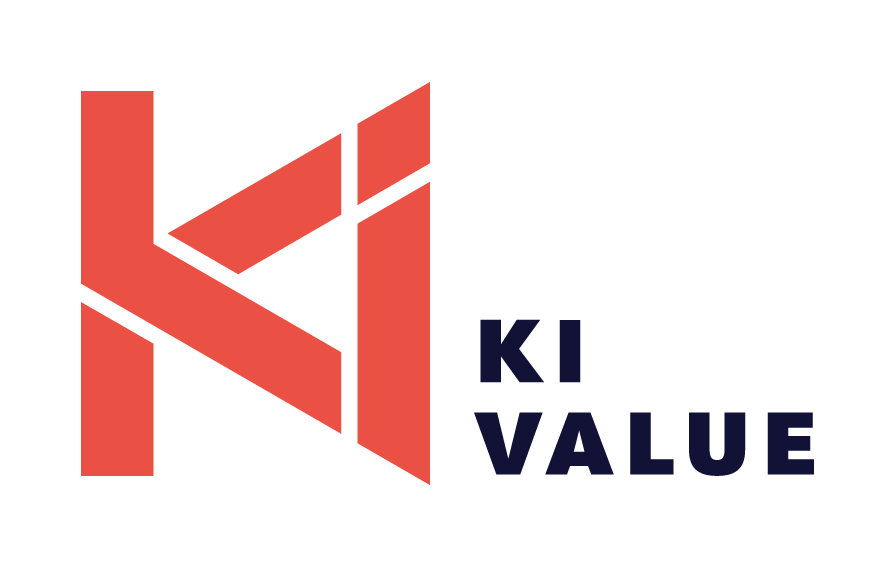To make KIVALUE work and improve your user experience, we log user data and employ essential cookies. By using KIVALUE website, you agree to our Privacy Policy, including cookie policy.
New Partnership with Pricen in Italy: Read Here
Fashion Meets Future // The 10 Tech Trends You Need to Know in 2024
In the fast-paced world of fashion, staying ahead of the curve is crucial.
As we embrace the dawn of a new year, 2024 promises to be a pivotal time for the intersection of technology and style.
From sustainable innovations to immersive experiences, let's delve into the 10 technology trends set to revolutionise the fashion industry in the year ahead.
As we embrace the dawn of a new year, 2024 promises to be a pivotal time for the intersection of technology and style.
From sustainable innovations to immersive experiences, let's delve into the 10 technology trends set to revolutionise the fashion industry in the year ahead.
- Virtual Fashion ShowsWith the ongoing shift towards digital experiences, virtual fashion shows are set to become the norm.
Utilising advanced augmented reality (AR) and virtual reality (VR) technologies, designers can showcase their collections in immersive, interactive environments, reaching a global audience without the limitations of physical venues.01 - 3D PrintingThe adoption of 3D printing continues to soar, offering designers unparalleled flexibility and creativity.
From intricate accessories to customisable apparel, this technology enables the production of unique, on-demand pieces, reducing waste and pushing the boundaries of traditional manufacturing processes.02 - Blockchain for TransparencyConsumers are increasingly demanding transparency and sustainability from fashion brands.
Blockchain technology provides an immutable record of the entire supply chain, ensuring ethical sourcing, fair labour practices, and authenticity verification, thus fostering trust and accountability within the industry.03 - Smart Fabrics and WearablesThe fusion of fashion and technology extends beyond aesthetics, with the rise of smart fabrics and wearables.
From garments embedded with sensors for health monitoring to interactive apparel that adapts to environmental conditions, these innovations redefine the concept of functional fashion, enhancing both style and utility.04 - Artificial Intelligence in DesignAI algorithms are revolutionising the design process, from trend forecasting to personalised styling recommendations.
By analysing vast amounts of data, AI-powered tools assist designers in creating collections that resonate with consumers' preferences, optimising inventory management, and minimising the risk of overproduction.05

- AR Fitting RoomsSay goodbye to fitting room queues and hello to AR-powered virtual try-on experiences.
By leveraging augmented reality, shoppers can visualise how garments will look and fit in real-time, enhancing the online shopping experience and reducing the likelihood of returns, ultimately leading to greater customer satisfaction.06 - Circular Fashion EconomyAs sustainability becomes non-negotiable, the circular fashion economy gains momentum.
Technologies such as RFID tagging, QR codes, and innovative recycling processes enable brands to extend the lifespan of products, facilitate resale and rental models, and close the loop on waste, paving the way for a more sustainable future.07 - Personalised Fashion TechIn the era of personalisation, fashion tech is becoming increasingly tailored to individual preferences.
From AI-powered style assistants to data-driven sizing recommendations, brands are leveraging technology to deliver personalised shopping experiences that resonate with each customer on a deeper level.08 - Ethical AI and DiversityAs AI becomes more integrated into the fashion ecosystem, addressing biases and promoting diversity in algorithmic decision-making becomes imperative.
Ethical AI frameworks ensure fairness and inclusivity across all aspects of the industry, from casting models to recommending products, fostering a more equitable and representative fashion landscape.09 - Embrace of NFTs and Digital FashionNon-fungible tokens (NFTs) have emerged as a groundbreaking technology with the potential to revolutionise the concept of ownership in the digital age.
In the realm of fashion, NFTs enable the creation and trading of unique digital garments and accessories, opening up new avenues for creative expression and consumer engagement in the metaverse.10
Takeaway
In 2024 and beyond, technology is revolutionising the fashion industry with virtual experiences, sustainable solutions, and innovative trends.
These advancements empower consumers, drive innovation, and shape the future of style.
Despite potential implementation challenges, the long-term benefits are undeniable.
As we embrace this digital transformation, the future of fashion is enriched by tech-driven possibilities.
In 2024 and beyond, technology is revolutionising the fashion industry with virtual experiences, sustainable solutions, and innovative trends.
These advancements empower consumers, drive innovation, and shape the future of style.
Despite potential implementation challenges, the long-term benefits are undeniable.
As we embrace this digital transformation, the future of fashion is enriched by tech-driven possibilities.
At KIVALUE we cover end-to-end
fashion retail processes
fashion retail processes
From connecting merchandising, buying, and planning processes to omnichannel inventory and markdown management
We offer FREE assessment of your current solution requirements.
We offer FREE assessment of your current solution requirements.
ABOUT YOU Success Story to your Inbox
Just pop-in your name and email.
We value your information and won't share it with anyone.
We value your information and won't share it with anyone.
By clicking you agree to our Privacy Policy
let's talk!
Just pop-in your name and email.
We value your information and won't share it with anyone.
We value your information and won't share it with anyone.
By clicking you agree to our Privacy Policy
before we contact you
By clicking you agree to our Privacy Policy


